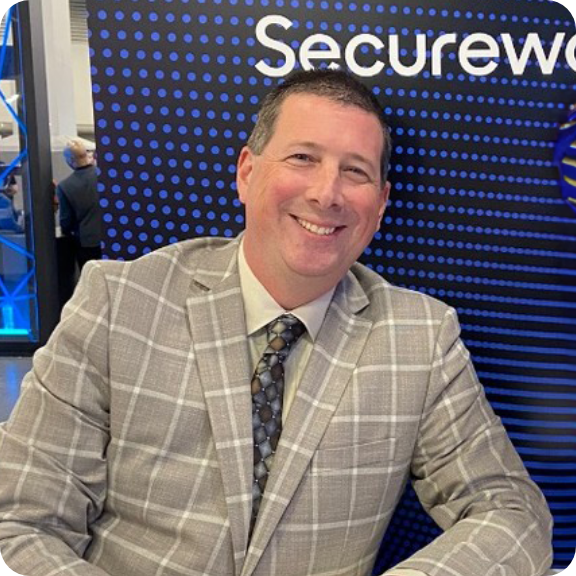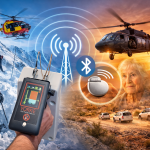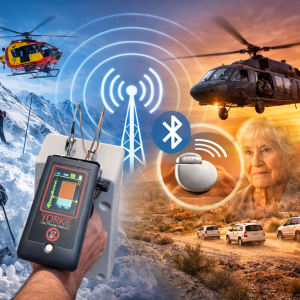Your cart is currently empty!
SNAP Vulnerabilities: How Magnetic Stripe EBT Cards Fuel a Cybercrime Epidemic
In an era where contactless and chip-based payment technologies dominate, it is both baffling and dangerous that millions of Americans still rely on outdated magnetic stripe EBT cards to access their Supplemental Nutrition Assistance Program (SNAP) benefits. These antiquated cards—similar in design and security to debit cards from the 1990s—have become a goldmine for cybercriminals. As fraud cases surge and low-income families are left without recourse, it’s clear that a technological upgrade is not just overdue—it’s a matter of economic justice.
A Soft Target: Magnetic Stripe SNAP Cards
EBT cards, issued to millions of low-income Americans to help them purchase food and basic necessities, currently function like traditional debit cards—most lacking chip or tap-to-pay capabilities. Instead, they rely on the vulnerable magnetic stripe technology that stores unencrypted Track 2 data. When swiped, this data can be easily intercepted and copied. Combine that with a PIN code, and criminals have everything they need to drain a SNAP account.
The method of attack? Skimming.
How Skimming Works—and Why It’s So Effective
Criminals exploit two common vectors:
- POS Overlay Skimmers – Fraudsters place fake devices over legitimate point-of-sale (POS) card readers in SNAP-authorized stores. These overlays often include a phony keypad to steal the user’s PIN as it’s typed as well as garnish the card information when they swipe thru the reader.
- ATM Deep Insert Skimmers – At ATMs dispensing EBT cash assistance, attackers insert tiny internal skimming devices that read card data directly from the magnetic stripe, while a hidden camera or keypad overlay captures the user’s PIN.
Once criminals obtain the Track 2 data and PIN, they clone the card and empty accounts—often before victims even realize they’ve been targeted. Since the federal Electronic Funds Transfer Act (EFTA) and Regulation E exclude EBT users, victims have little to no legal protection or financial recourse.
The Human Cost of Technological Neglect
The fallout is devastating. In March 2025 alone, more than $700,000 in SNAP benefits were stolen from EBT accounts in Rhode Island through skimming attacks. Roughly 1,800 recipients were affected—many of them children, families, and seniors. The consequences ripple outward: food insecurity, lost revenue for local grocers, and increased strain on community food banks and support organizations.
Despite having access to $84 million in unused TANF block grant funds—some of which could reimburse SNAP skimming victims with children—Rhode Island has yet to allocate any of those resources. Nor has the state taken action to convert to more secure chip and tap cards, despite federal matching funds covering half the cost.
An April 2025 InvestigateTV investigation found that fraudsters using skimming methods drained EBT accounts in under 2 minutes after deposits — targeting multiple states in rapid succession.
As one mother described, “They drained my EBT card in two minutes… left me with nothing.”
Other States Are Stepping Up—Why Isn’t Everyone?
California began issuing chip-enabled EBT cards in January 2025. Maryland, New Jersey, Alabama, and Oklahoma are actively following suit. The cost to fully convert Rhode Island’s cards is estimated at $3.6 million—just $1.8 million from the state budget after federal matching. Yet, the FY2026 budget makes no mention of such an allocation, leaving thousands of vulnerable residents exposed.
The U.S. Department of Agriculture’s Food and Nutrition Service (FNS) has strongly recommended the transition to chip and tap technology. This method encrypts card data during transactions and is virtually immune to traditional skimming techniques.
Technology Exists to Combat Skimming—So Use It
In late May 2025, the U.S. Secret Service led a multi-agency effort in North Carolina, inspecting over 1,700 ATMs and POS terminals. They removed 17 skimmers—a potential $5.1 million loss averted—highlighting EBT cards as prime targets due to their outdated magnetic stripes. While this dragnet was effective, it only involved one state while using a lot of resources. Dedicated tools are required to increase the effectiveness of such efforts to benefit the entire country:
- Skim Swipe: A handheld tool designed to detect rogue POS overlays and compromised payment terminals by analyzing electromagnetic anomalies in real time. Retailers and inspectors can use this device to identify tampered readers before they are used by SNAP recipients.
- Skim Scam: A compact deep-insert skimmer detector developed specifically for ATM technicians and field agents. It can identify the presence of unauthorized devices embedded within card slots—vital for high-risk EBT ATMs.
These tools empower law enforcement, retailers and state agencies to conduct regular sweeps and audits of SNAP payment points, adding a crucial layer of defense while awaiting a system-wide upgrade.
Time to Act: Protect the Most Vulnerable
The refusal to modernize SNAP EBT cards isn’t just a bureaucratic oversight—it’s a systemic failure with real-world consequences. While wealthier Americans benefit from fraud protection laws and advanced payment tech, low-income families are expected to navigate a minefield of cyberthreats with no armor.
States like Rhode Island and many others have the funds. The technology is proven. The need is urgent.
It’s time to phase out magnetic stripe EBT cards. Children should not go hungry because their state failed to keep up with 21st-century fraud prevention.

Scott Schober
CEO | Author | Speaker at Berkeley Varitronics Systems
Scott Schober presents at cybersecurity and wireless security conferences for banking, insurance, transportation, construction, telecommunications and law enforcement industries. He has overseen the development of dozens of wireless test, security, safety and cybersecurity products used to enforce a “no cell phone policy” in correctional, law enforcement, and secured government facilities. Scott regularly appears on network news programs including Fox, Bloomberg, Good Morning America, CNN, MSNBC, NPR and many more. He is the author of 'Senior Cyber', 'Cybersecurity is Everybody's Business' and 'Hacked Again', the “original hacker’s dictionary for small business owners” - Forbes Magazine.
Latest Posts
Have questions?
Berkeley sales and engineering staff will answer all of your technical, delivery and pricing questions. Contact us today.






Leave a Reply